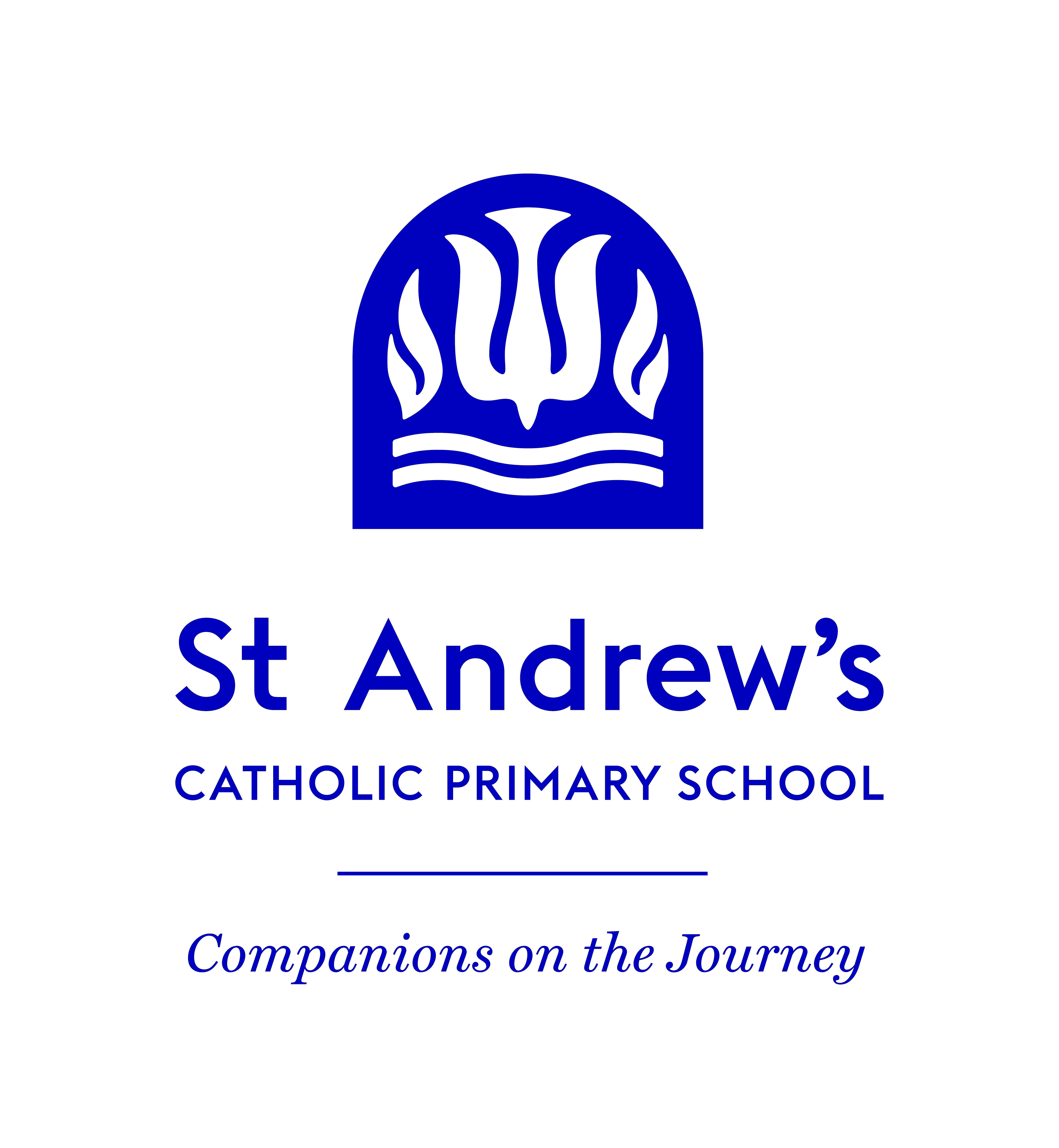Helping Children at School
Every parent wants to help his or her children to do well at school. Here are some pieces of advice guaranteed to make learning more effective and improve the quality of family life.
- Allow plenty of time for reading, hobbies and play. Avoid the temptation to over organise your children’s lives with organised sport and other formal activities. Teach them to be self-reliant.
- Avoid the criticism trap. Offer praise and approval whenever possible.
- Encourage your children to ask questions, follow their special interests, and to try to solve problems in their own ways.
- Surround your young learners with support and encouragement. The first stop is being successful is to feel good about oneself.
- Schooling is not a race, so don’t overstress marks and tests.
- Don’t try to help your children with homework when YOU are feeling tired or frustrated.
- It is SO important to spend time with your children. Talk with them, read to them, enjoy their company and appreciate them as individuals.
- The home lays the foundation for reading and listening, story-telling and story-reading.
Encourage Reading
Important foundations that parents can lay, to enable their children to be good readers are:
- Learning to read is a natural activity, like learning to talk. It should be approached in a relaxed and confident manner. Parents should expect that their children will learn to read in the same way they expect them to walk and talk.
- Reading, reciting and singing Nursery Rhymes and rhyming jingles so that children learn to hear and identify similar sounds.
- Reading to and with children regularly, so that children quickly develop understanding of what reading is about and begin to enjoy it.
- Playing sound games, e.g., “What can we see that starts with a ‘ck’ sound?” Concentrate more on sounds, not the alphabet.
- Showing that you value reading so that your children will value it themselves.
- Not putting pressure on slower readers as children learn to read at different rates.
- Learning from the teacher how to help your children look for cues when reading.
- Be seen as a reader yourself and talk about what you have been reading.
- Give books as presents.
- Encourage children from an early age to ‘read’ labels, advertisements, road and street signs, bill boards, posters, etc.
- Talk to your children about the books they bring home from the library. If they like a particular book, suggest they may find another by the same author.
- Praise all efforts to read well.
Advice for Reading to Your Child from an Early Age
- Sit your child on your knee or close to you.
- Talk about the picture on the cover or first picture in the book. Try to relate it to the child’s own experiences in order to set up expectations of what the story is about.
- As you read, occasionally run your finger under the line of print, to show that the words running from left to right, tell the story.
- Read dramatically, with expression and changing your voice for different characters.
- From time to time, comment on the story. “I wonder what will happen next?” “Do you think he’ll find his mother?” One of the most important skills in reading is to be able to follow the story-line and predict what is coming. After the appropriate part ask the child if the predictions were accurate.
Writing
Writing is a most important tool of thinking and learning. Parents can help their children express themselves more effectively in writing by following some of these tips:
- Let your children see you write — notes, letters, lists, recipes, etc.
- Encourage children to write often — scribble when they are very young; personal diaries, letters to relatives or penfriends when older.
- The main factor in writing is to get the message or meaning right.
- Have a family noticeboard on which notes, cards, menus, newsletters, etc are displayed.
- Provide a suitable place for writing, away from distractions.
- Provide the tools of writing for your children: pens, pencils, paper, note books, diaries, address books, dictionaries, etc.
- Praise your children’s attempts at writing. Don’t become too worried about making ‘corrections’. Instead, emphasis ‘having a go’, achievement, and create confidence and enjoyment in writing.
- Remember many Year 2 children don’t only use words that are in their spelling lists. They like to use interesting ‘big’ words, which they are not expected to be able to spell yet.
Mathematics
There are so many activities, able to be done at home, that would help children to be better mathematicians. Here are some:
- Encourage your children to count aloud common objects around the house: knives and forks, pegs, fruit, socks, etc.
- Use words such as those listed below, so that children understand their meaning:
|
more |
some |
half |
before |
circle |
high |
empty |
short |
equal |
|
less |
few |
quarter |
after |
square |
low |
full |
tall |
pair |
- Name the different coins. Let your children hand over the money for things you buy and receive the change. Point out the price of items to familiarise them with the names of dollars and cents. Cut out newspaper ads to use in shopping games.
- Let your children see you measure things: ingredients (eg cups of water, measuring jugs…). Let them measure water at play or help with cooking heights and distances (rulers, measuring tapes…)
- Allow your children to play with blocks, Lego or similar. Encourage them to copy shapes that you build as well as their own. Make patterns of beads and puzzles. Talk about time (e.g., morning, afternoon, days, months, seasons…)
Communication
Children who communicate well are on the road to becoming successful learners. One of the best ways of preparing children for school is to foster their listening and speaking skills. The following hints have been found useful by parents:
- Accept each child as being special and unique with his or her own opinions, likes and dislikes.
- Encourage all members of the family to listen to the younger children and to show interest in what they are saying.
- Take time to talk with them, discussing the events of the day, asking questions, making observations and planning future activities.
- Give them the opportunity to play with other children.
- Encourage them to use new words, to experiment with language, to enjoy jokes and other aspects of humour.
- Let them see that you enjoy their company.


